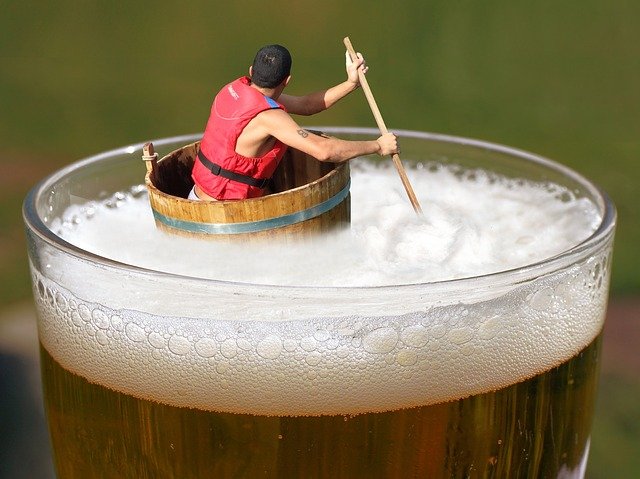
Some people say that alcohol is a drug. And while some people might argue that it’s not, the truth is that alcohol can have some pretty serious effects on your brain. In general, when you drink alcohol, there are changes in blood flow to different parts of your body and brain.
Alcohol also affects neurotransmitter activity which can lead to both positive and negative consequences for the drinker. For quick relief, visit Hangover Hospital Key West Florida.
Effect of Alcohol on Your Brain
There are many different ways in which alcohol affects the brain. Alcohol is a depressant that slows down your brain, short-term effects on memory and motor skills. It also affects the way you think and behave. Alcohol has been used for centuries as a social crutch or to reduce stress, but it’s essential to know how alcohol affects the brain before drinking too much at one time because of its negative side effects. The main ones include:
- It affects areas of the brain that control judgment and decision-making abilities. That is why drinking can lead to a lack of inhibitions or poor judgment when making decisions. It can also slow down functions such as thinking and speaking to an uncoordinated level. Alcohol also affects neurotransmitter activity which can lead to both positive and negative consequences for the drinker.
- Alcohol depresses the activity of neurons in your brain, which slows down communication between these cells. It can cause you to feel relaxed or sedated depending on how much and what types of alcohol you drink.
- Alcohol alters the chemical balance in your brain, which can lead to memory problems, including blackouts. Memory loss is more likely when you drink quickly or binge drink because it affects the parts of your brain that control how memories are formed and stored.
- Alcohol decreases the activity of neurons by reducing their ability to move sodium ions across cell membranes, which reduces the cells’ ability to generate the electrical energy needed for the transmission of information. It can lead to blurred vision, and mental slowing sometimes referred to as drunkenness.
- Alcohol depresses neurons that help control muscle coordination to lose your balance and have difficulty walking. It can increase your risk of injury from falls or car crashes if you drive while intoxicated. If too much alcohol affects these neurons, it can cause respiratory depression, which is why people who drink excessive amounts of alcohol sometimes stop breathing.
- In addition to short-term effects on the brain, alcohol acts as a diuretic that makes you urinate more often and causes your body temperature to rise. It also interferes with deep stages of sleep, so you don’t feel as rested when you wake up. Alcohol also has a dehydrating effect, which can lead to headaches and nausea, and vomiting if enough is consumed at one time.
Alcohol can have short-term effects on the brain, including changes in mood, impaired judgment, and thinking or a depressed mood. It also affects how you feel, behave, and communicate with others and your memory which is why people are encouraged to drink responsibly.
